Students at Risk: A Letter to MFA Programs
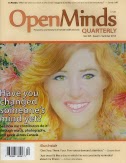 Open Minds Quarterly is a publication whose content continually and consistently packs some of the hardest-hitting writing I’ve ever read, with its unabashed focus on the poetry and literature of mental health recovery. The Summer 2014 issue is no exception, with one feature in particular that might well strike a deep chord with many of our readers: “An Open Letter to the MFA” by Hannah Baggott. Written in the epistolary style, Baggott addresses the stresses and pressures MFA students face in their programs. While often told to “take care of yourself first,” Baggott confronts the contradictory nature the expectations of such programs foster. “Our workshop leader last term said you have to be sad to write well. This is the fallacy that you keep perpetuating.” Baggot is “happy” in her program and “would not choose a different path,” but she does offer some advice that if the MFA programs themselves won’t follow, then the individuals in them should seriously consider how to better “take care.”
Open Minds Quarterly is a publication whose content continually and consistently packs some of the hardest-hitting writing I’ve ever read, with its unabashed focus on the poetry and literature of mental health recovery. The Summer 2014 issue is no exception, with one feature in particular that might well strike a deep chord with many of our readers: “An Open Letter to the MFA” by Hannah Baggott. Written in the epistolary style, Baggott addresses the stresses and pressures MFA students face in their programs. While often told to “take care of yourself first,” Baggott confronts the contradictory nature the expectations of such programs foster. “Our workshop leader last term said you have to be sad to write well. This is the fallacy that you keep perpetuating.” Baggot is “happy” in her program and “would not choose a different path,” but she does offer some advice that if the MFA programs themselves won’t follow, then the individuals in them should seriously consider how to better “take care.”

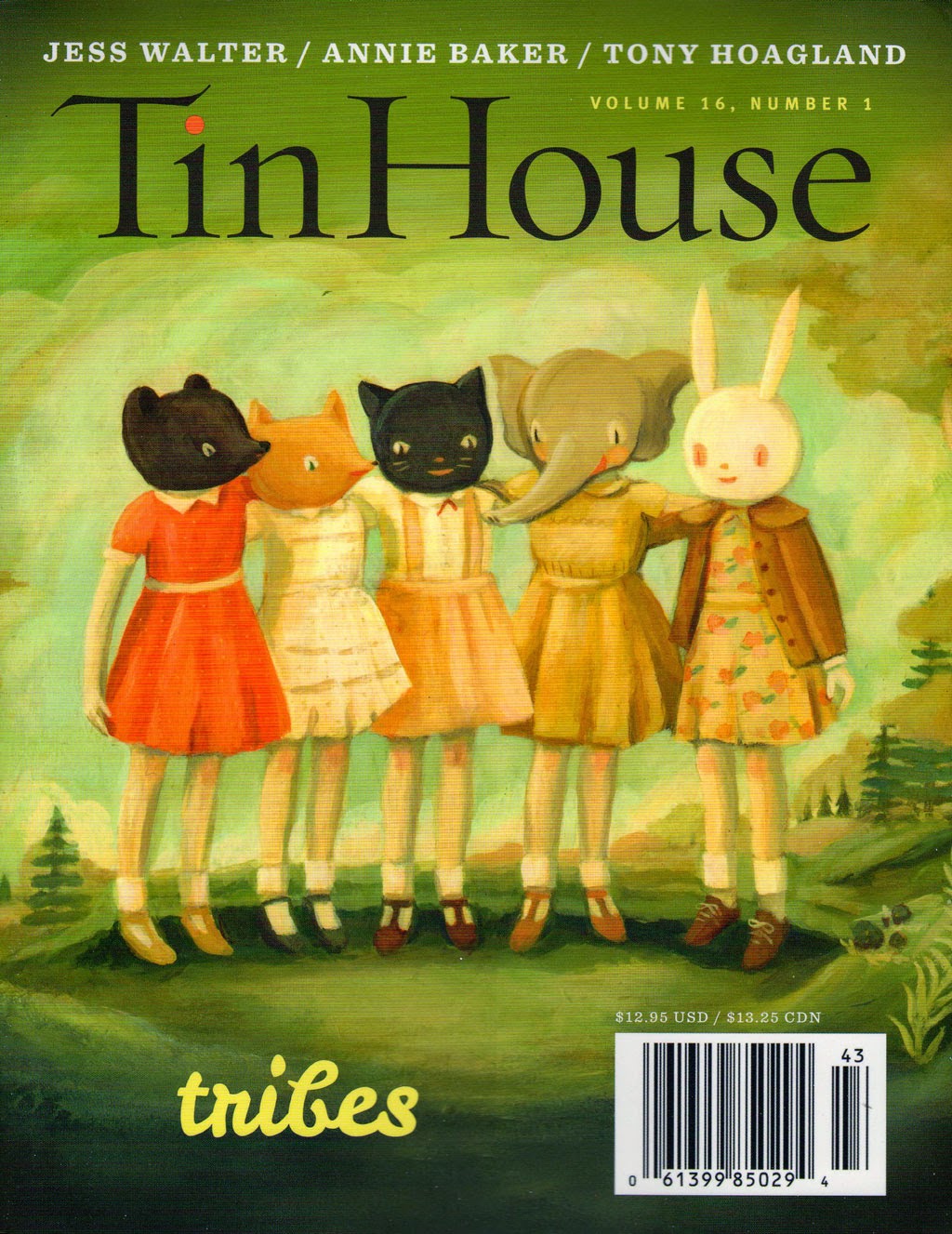 The most recent issue of
The most recent issue of 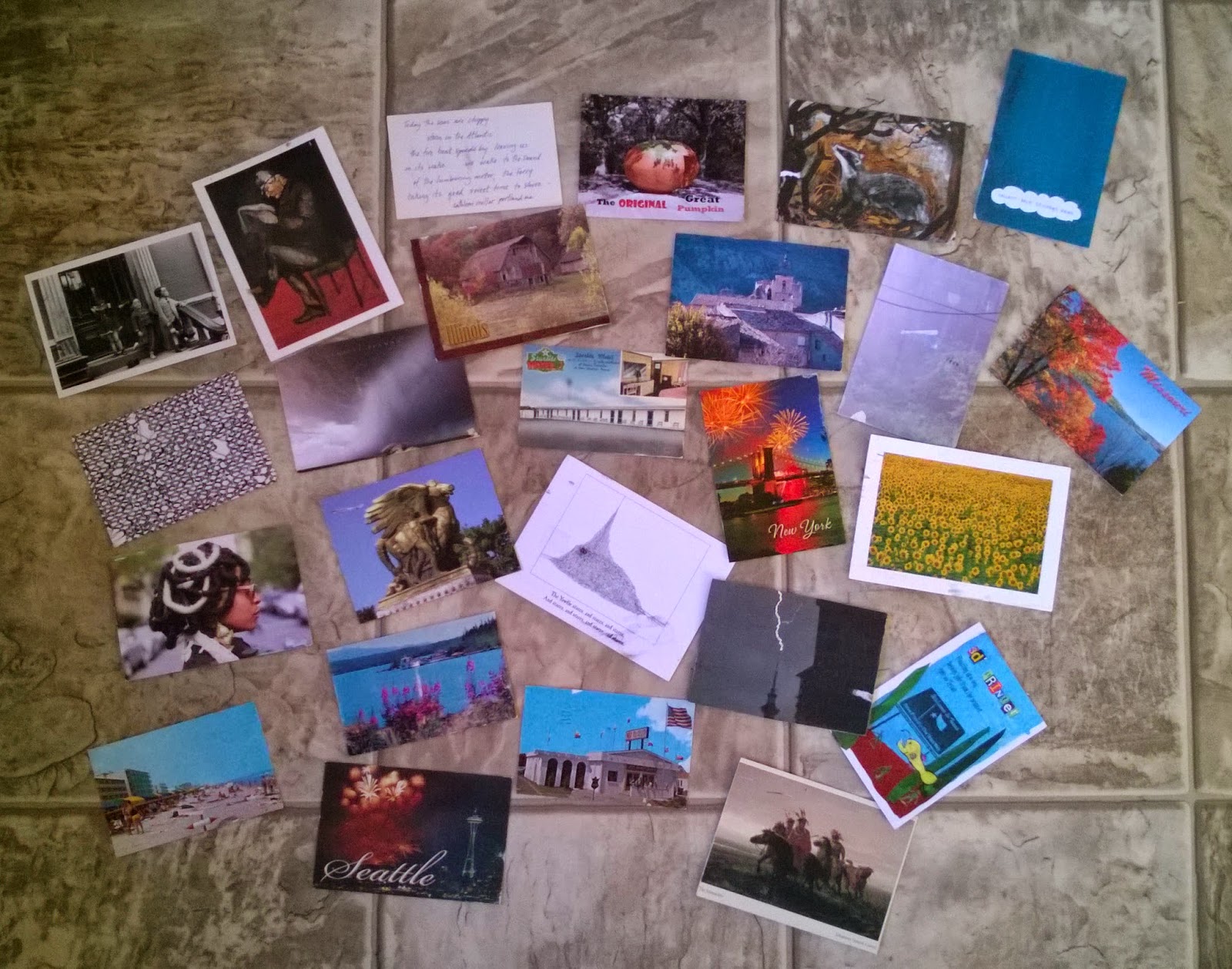 It was another great year for the
It was another great year for the 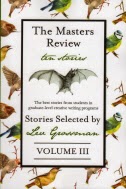 Now in its third volume,
Now in its third volume, 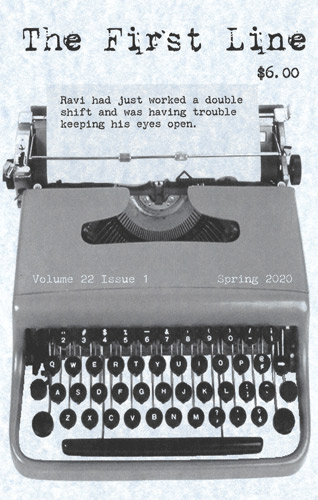 Since 1999,
Since 1999, 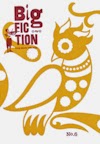 The most recent issue of
The most recent issue of 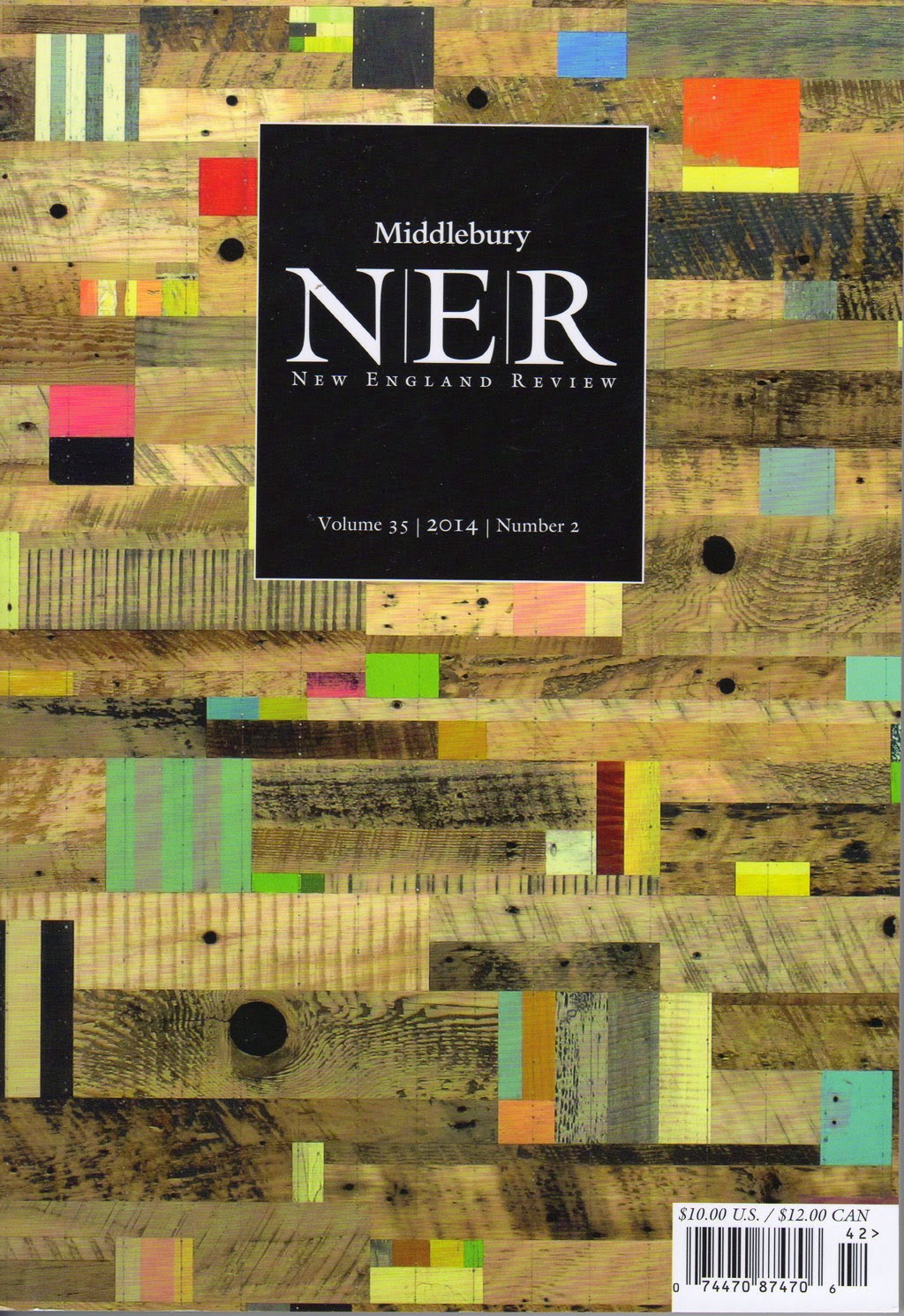 New England Review
New England Review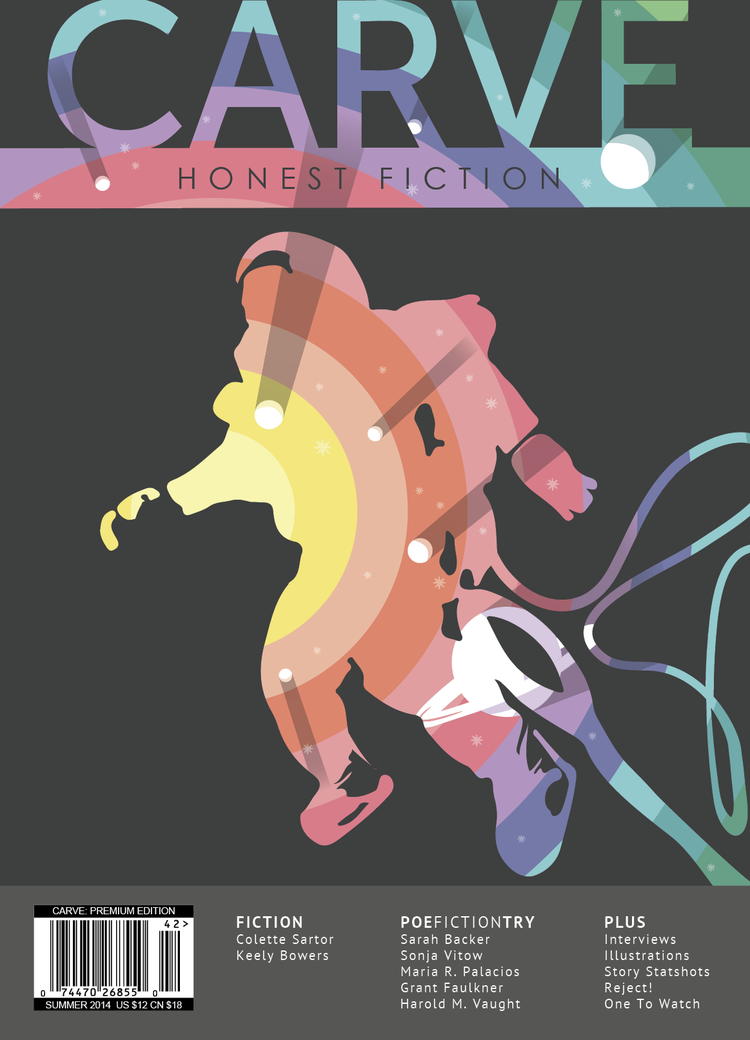 Carve Magazine
Carve Magazine Revision is the kick in the pants that propels the writer out of complacence, jars him from the euphoria that tends to come when he thinks he’s completed something. Revision is the inevitable and necessary faceoff between one’s lazy writer self who defends the good enough draft, “This sentence / passage / description / scene / character is fine the way it is” and one’s higher writing self who argues, “Yes, it’s good enough and it says what I want, but does it say it in the right way? Does it say it in the best way”
Revision is the kick in the pants that propels the writer out of complacence, jars him from the euphoria that tends to come when he thinks he’s completed something. Revision is the inevitable and necessary faceoff between one’s lazy writer self who defends the good enough draft, “This sentence / passage / description / scene / character is fine the way it is” and one’s higher writing self who argues, “Yes, it’s good enough and it says what I want, but does it say it in the right way? Does it say it in the best way” The most recent issue of
The most recent issue of 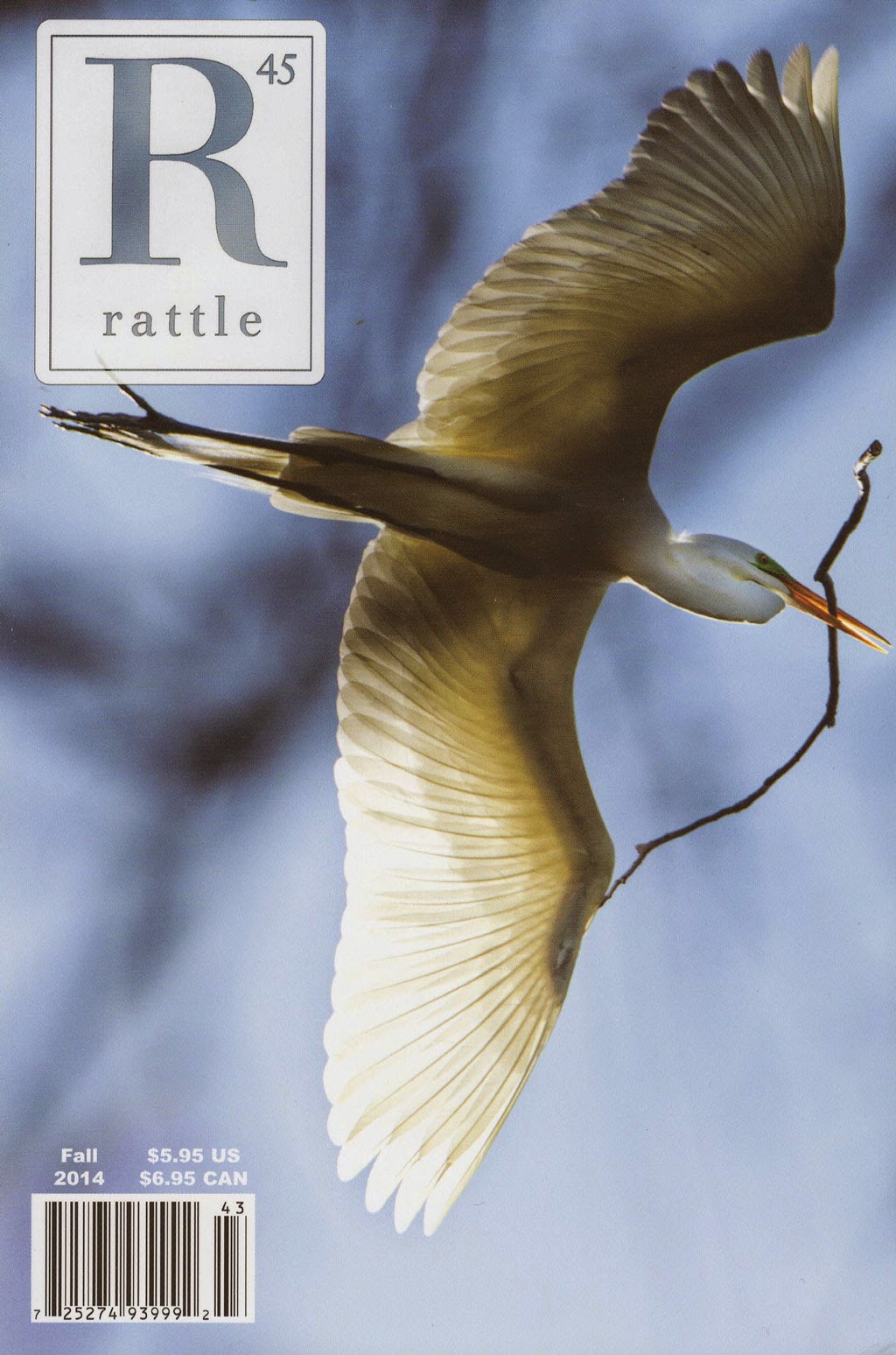 Thanks to
Thanks to 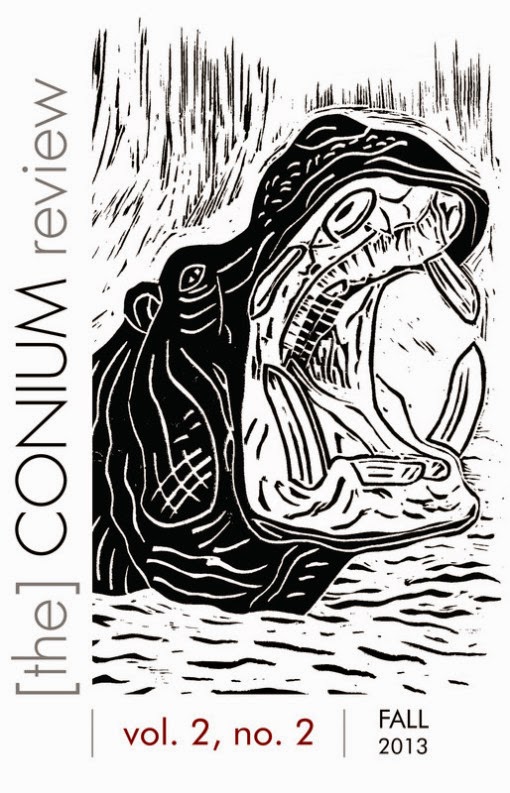 The Conium Review
The Conium Review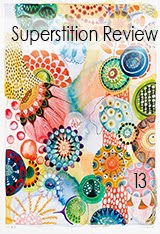
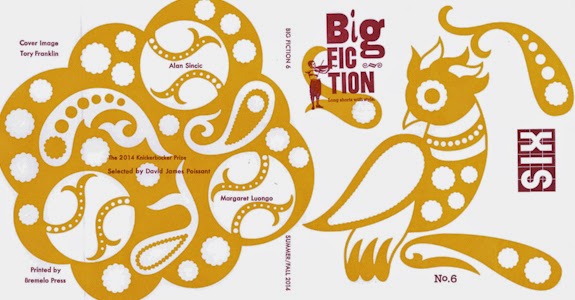
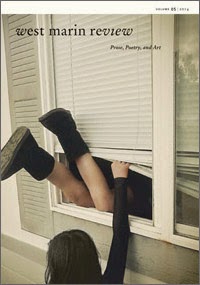
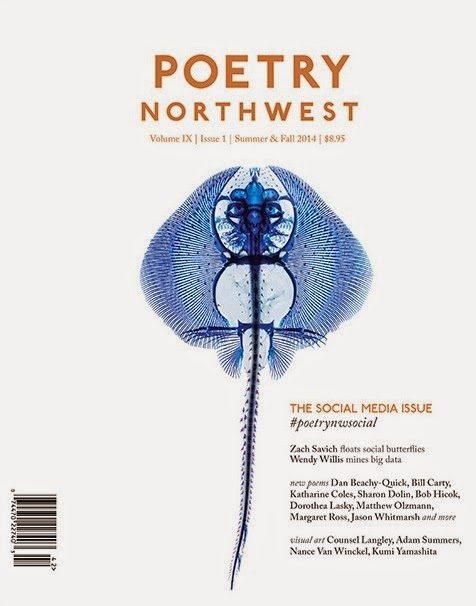
 First place: Michael Varga [pictured, of Norcross, GA, wins $2500 for “Chad Erupts in Strife.” His story will be published in Issue 95 of Glimmer Train Stories. This will be his first off-campus fiction in print.
First place: Michael Varga [pictured, of Norcross, GA, wins $2500 for “Chad Erupts in Strife.” His story will be published in Issue 95 of Glimmer Train Stories. This will be his first off-campus fiction in print.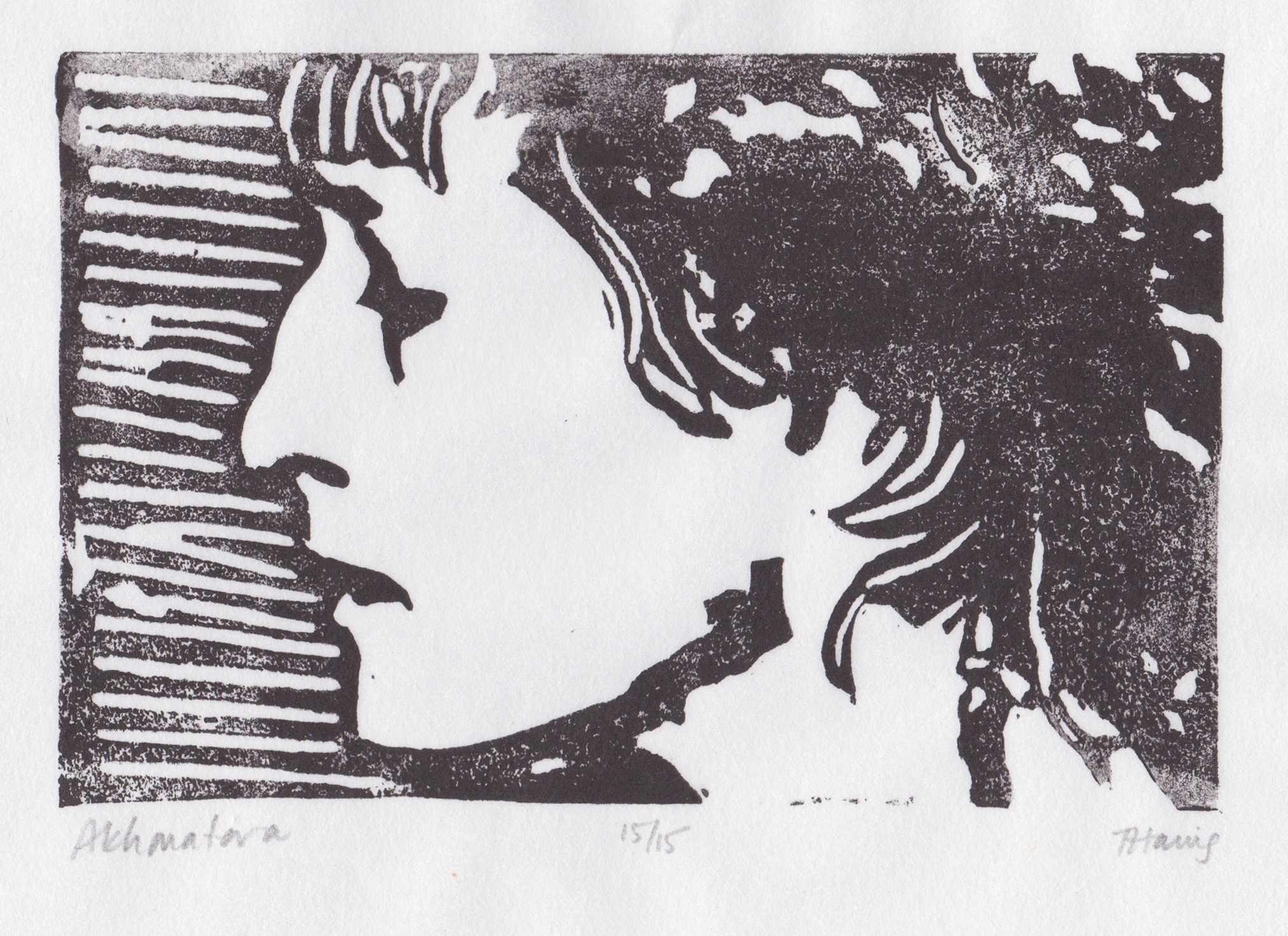
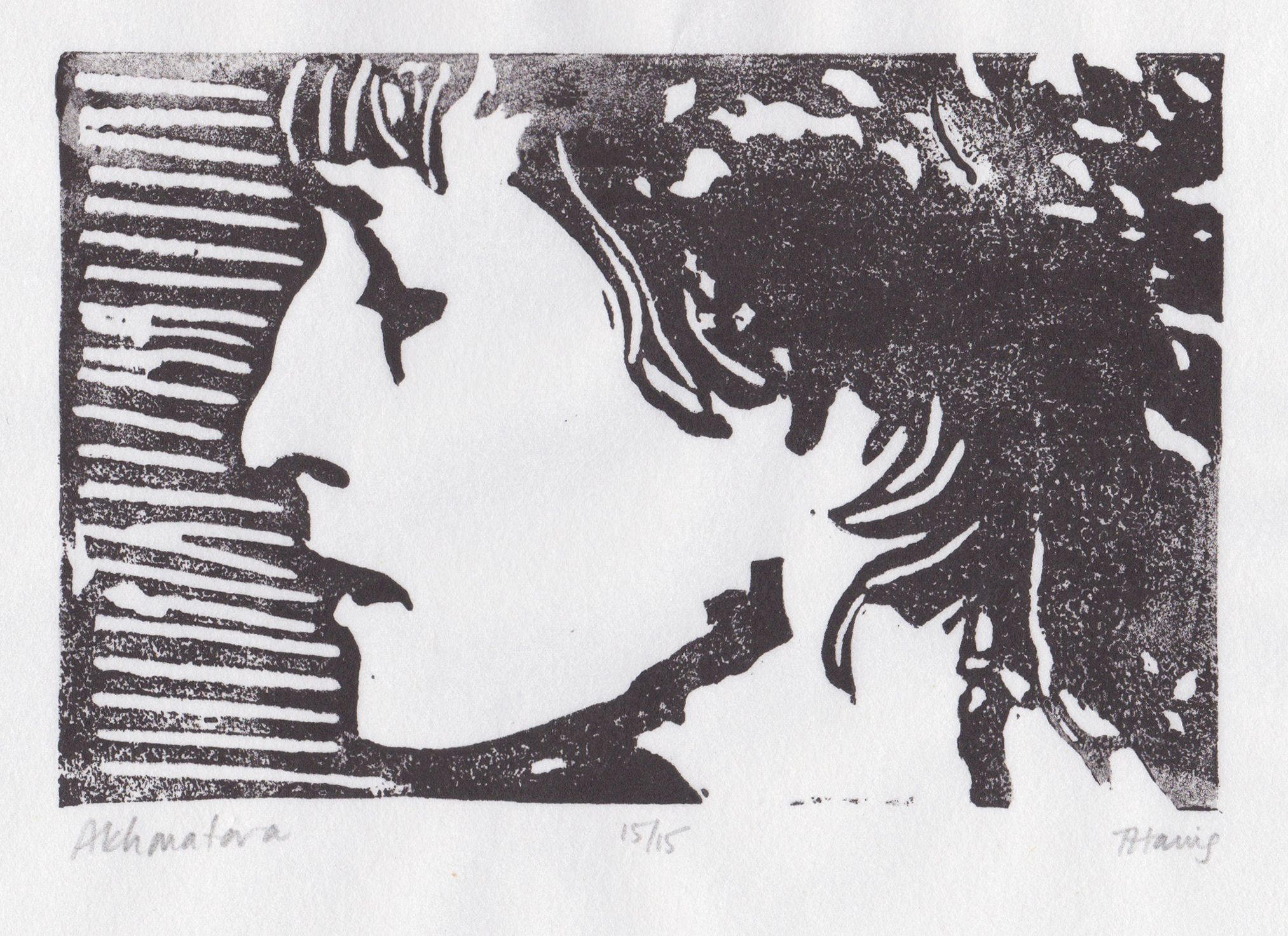 What happens when you send artwork to a writer and ask them simply to “respond”?
What happens when you send artwork to a writer and ask them simply to “respond”? 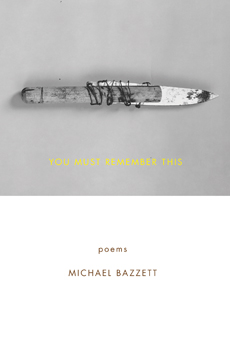 Michael Bazzett, winner of the
Michael Bazzett, winner of the